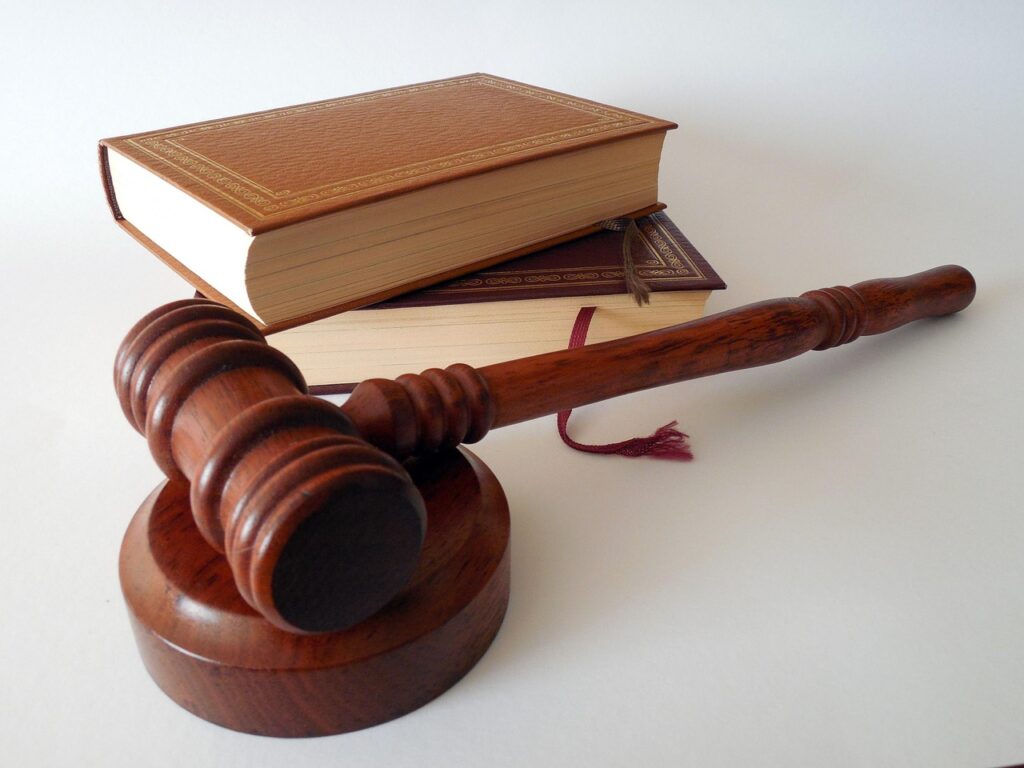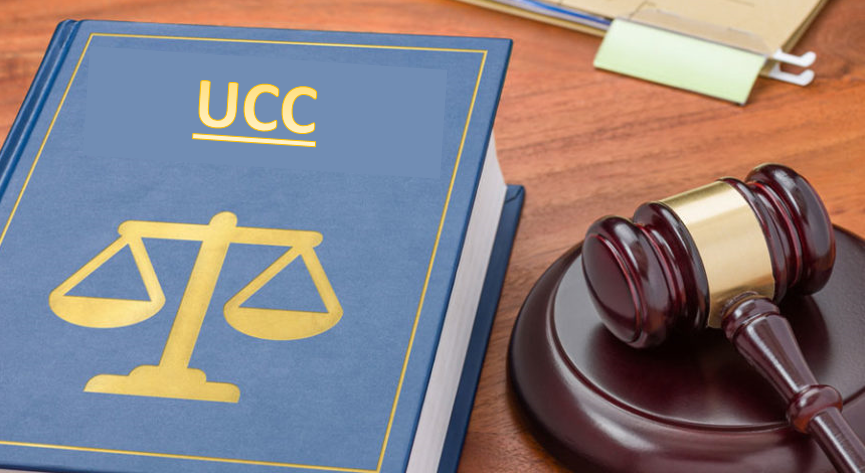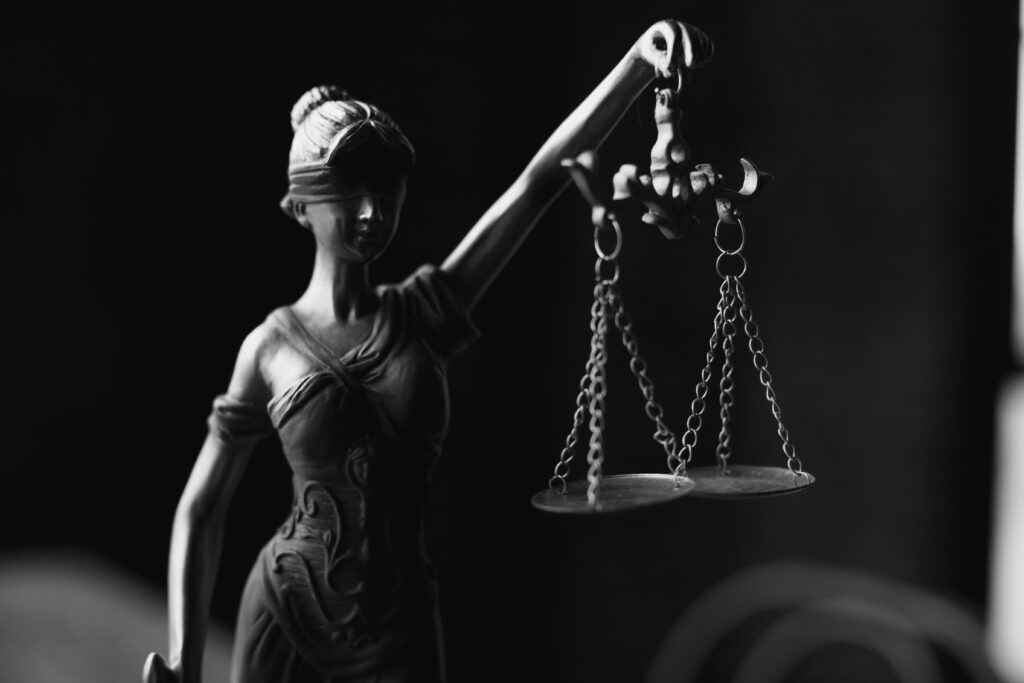Published On: 23rd August, 2024
Authored By: Shravani Somnath Motgi
School of Law, Mahindra University
Introduction:
Article 19(1) [1] of the Constitution guarantees certain fundamental rights, but the State has the power to restrict the exercise of these rights. Unless the state exercises its authority to enforce private rights for the public good, these rights must be protected by state action. Expression is an important part of rights and freedoms, and it is important for the expansion and realization of the individual. The right to know and freedom of thought are the basis of expression, and freedom of expression is the lifeblood of freedom. Milton and Ivor Jennings emphasized the importance of freedom of expression in preserving the moral and intellectual integrity of individuals and nations. Justice Krishna Iyer also emphasized that censorship is for the people and not for the government, which is an important part of a democratic society. Freedom of speech and expression are important elements of freedom.
Historic Context:
During the colonial period, India’s independence was under threat. The violence of the British restricted the freedom of expression of Indians. The United Kingdom has taken various measures to suppress Indians and suppress public opinion, from the Sedition Act introduced in 1870 to Section 295A of the Hate Speech Act. The Seditious Assembly Act of 1907 banned public meetings and the formation of unions and restricted basic civil rights such as freedom of speech and expression. The framers and framers of the Indian Constitution were inspired by the liberal ideals of the United States Constitution, which generally guarantee freedom of expression. Thus, Article 19(2) of the Constitution of India was inserted by the First Amendment of 1951, allowing reasonable restrictions on the individual’s right to freedom of speech and expression. The State may impose such restrictions on the following grounds and interests:
(a) Freedom of expression that could harm national security, such as riots, civil unrest, or armed conflict. However, these restrictions do not apply to nation-states and hence Article 19(2) does not prohibit terrorism against Pakistan. Restrictions on freedom of speech and expression.
(b) The Indian Penal Code contains provisions regarding morality and ethics but does not specify safety standards. While the truth may be a valid defense, freedom of expression may also be restricted if it brings the court into contempt. will be punished.
Freedom of Speech and Expression in Social Media:
-
Indian Scenario:-
Freedom of expression and media in India is a complex issue affected by many factors such as legal, judicial, and policy changes. The Information Technology Act 2000 contains Sections 66A, 69, 69A, and 79, which deal with offenses relating to disclosure, protection of public access to information, and liability of intermediaries. Although Section 66A was struck down by the Supreme Court in 2015 for being vague and far-reaching, other provisions of the Act still apply. Indian National Congress Party v. Union of India (2014) has stated that online speech can be restricted only if it poses a real threat to public order or is likely to cause violence. In Shreya Singhal v. Union of India Resolution (2015)[2] In 2012, Mumbai police arrested two girls, Shaheen Dhada and Rinu Shrinivasan, for posting critical messages about Shiv Sena’s Bandh on Facebook after Bal Thackery’s death in Mumbai. One of the girls commented and the other liked it. Police charged them under Section 66A of the Privacy Act 2000. The newspaper stated that the provisions of Article 66A violate the right to freedom of speech and expression as granted under Article 19(1)(a) of the Constitution of India. The court ruled that the provision was broad and vague and violated freedom of expression.
-
U.S. Approach
In the United States, the First Amendment [3] is firmly entrenched in protecting freedom of speech and expression on social media platforms. These laws ensure that the government cannot prevent the expression of any objectionable or unwelcome opinion unless there are compelling reasons, such as concerns about national security or public safety. Additionally, social media platforms, as private organizations, often follow the principle of freedom of expression, allowing users to express a variety of thoughts and opinions. The intricate nature of the landscape becomes evident. Although the First Amendment restricts government censorship, it does not provide absolute protection for individuals from the consequences of words such as swear words or incitement to violence. When it comes to small content, social media companies face the difficult task of balancing freedom of expression with social norms and legal obligations. This has led to a debate about the role of social media in moderating negative or offensive content, particularly in the context of the spread of hate speech, misinformation, and malicious views.
In Knight First Amendment Institute v. Trump (2019[4]), In July 2017, the Knight Institute sued President Trump for blocking seven individuals from his Twitter account. The lawsuit argued that the account is a “public forum” protected by the First Amendment. The case was decided on July 9, 2019, and the U.S. Court of Appeals upheld the ruling that blocking critics from the account is unconstitutional.
-
E.U. Approach
The European Union (EU) seeks to balance the right to freedom of expression and social expression with other rights such as privacy, dignity, and non-discrimination and misrepresentation. This balance is rooted in the European Convention on Human Rights (ECHR), and in particular, its Article 10, which guarantees the right to freedom of expression while allowing reasonable restrictions for the achievement of such objectives relating to social freedoms as national security and public safety. Important laws such as the General Data Protection Regulation (GDPR) and the Digital Services Act (DSA) play an important role in defining the role of social media platforms, protecting users’ privacy, and maintaining clear enforcement. Additionally, measures such as the “Disinformation Code of Conduct” allow major social media companies to combat disinformation through measures such as political ads and shutting down fake accounts.
In Glawischnig-Piesczek v. Facebook Ireland Limited[5], The Court of Justice of the European Union (CJEU) made a ruling on October 3, 2019. According to the ruling, EU law allows national courts to require social media platforms to delete identical or similar illegal content worldwide. The case began when Austrian politician Eva Glawischnig-Piesczek asked Facebook to remove defamatory posts. Although Facebook initially restricted access to the content in Austria, Glawischnig-Piesczek sought a broader injunction. The CJEU emphasized that these removal orders must be specific and targeted, preventing the imposition of a general obligation to monitor content. This ruling shows the EU’s commitment to protecting individuals from defamatory online content while also preventing excessive monitoring responsibilities on social media platforms. It established that platforms can be required to take proactive measures to delete harmful content globally when it is identical or equivalent to content that has already been deemed illegal.
Conclusion:
The right to free speech, protected by the Indian Constitution, is crucial for democracy. However, it has limits to protecting national security and public order. It’s challenging to balance free speech and preventing harm in the digital age. The US and EU offer insights on managing free speech on social media. Cooperation among governments, civil society, businesses, and individuals is essential to protect free speech. The responsible exercise of this right promotes democratic conversations. Ongoing legal changes will continue to shape the future of free speech.
Reference(s):
[1] Constitution of India, Article 19(1)
(Indian Kanoon,2018) https://indiankanoon.org/doc/1142233/ accessed 2 July 2024.
[2] Shreya Singhal v. Union of India, (2015) 5 SCC 1; AIR 2015 SC 1523; MANU/SC/0326/2015.
[3] The White House, ‘The Constitution’
https://www.whitehouse.gov/about-the-white-house/our-government/the-constitution/#:~:text=The%20First%20Amendment%20provides%20that,the%20right%20to%20bear%20arms accessed 6 July 2024.
[4] Knight First Amendment Institute at Columbia University v Trump, No 18-1691 (2nd Cir, 9 July 2019)
https://law.justia.com/cases/federal/appellate-courts/ca2/18-1691/18-1691-2019-07-09.html
accessed 6 July 2024.
[5] Glawischnig-Piesczek v Facebook Ireland Limited [2019] ECLI:EU:C:2019:821, [45]




I love how you addressed this issue. Very insightful!